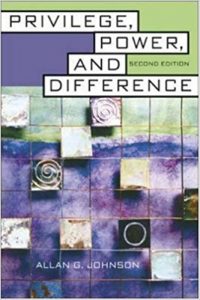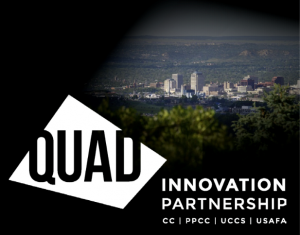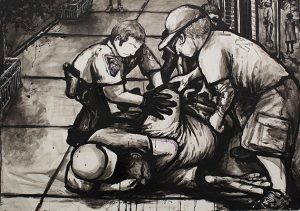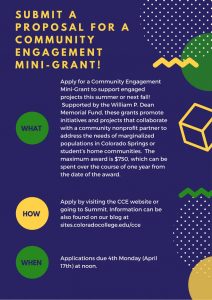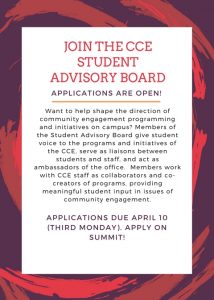In Los Angeles and Seattle, tiny-home villages have spurred up to meet the needs of the homeless community of that city. In Seattle, 22 furnished tiny homes comprise a village with electricity, showers, and kitchens. In Los Angeles, 40 “micro dwellings” have been built with solar panels and wheels. These micro villages are not only sustainable but comprise a community of care and intentionality. The tiny-homes village in Seattle has teamed with social workers to aid community members in practicing sobriety, finding jobs, and other personal and practical goals. 10 cities across the country have tiny-home villages where communities are cultivated, to give everyone a place to call home, and to offer homeless people some agency.
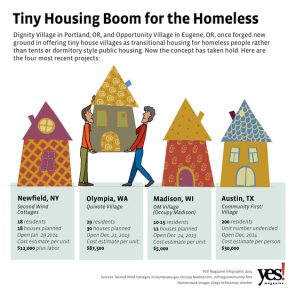
A tiny-home village is now coming to Denver in the arts district of RiNo. Including 11 homes, a communal space for food preparation, gatherings, restrooms, and showers will provide housing and vital amenities for 22 people. This initiative, named “Beloved Community Village” will be “democratically self-governed with a mission to provide homes for those people experiencing homelessness that will also cultivate community living and self-empowerment”, as stated on the Beloved Community Village website.
Written by the Beloved Community Village are a number of statements that speak to the importance of this project. They state:
Beloved Community Village exists because…
We, as people needing homes, know we can’t keep waiting for someone else to build them for us.
We must take matters into our own hands and create our own home together with compassion, community, and dignity.
We, in solidarity, take the responsibility to build, govern and sustain our village.
We, as people coming from survival on the streets, know the vast and critical need for safe spaces to sleep without being rousted by police or private security and being under the constant threat of violence.
We believe that all people deserve safe sleep
We the village residents will do all we can to provide this for our community.
We envision the world where all people have this basic right to create homes together.
This project centers the homeless and brings dignity to an often “uncomfortable” topic in public discourse. To learn more about tiny-home, visit the Beloved Community Village website or click here to see other tiny-home villages across the country!

